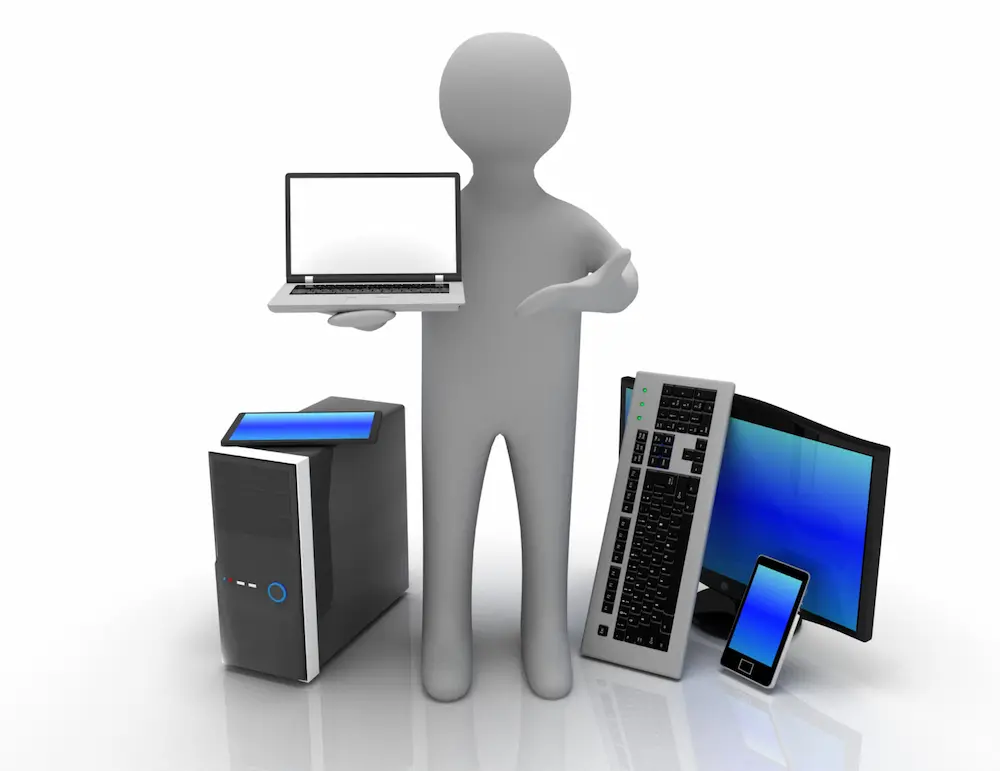
For generations, personal computers have been the foundation of work, communication, and innovation. However, by 2040, it has been noted that the concept of a traditional PC will eventually become a thing of the past. With the integration of artificial intelligence (AI), cloud platforms, and quantum computing into PCs and Macs, we’re eventually moving into the era of a lightweight and connected future, making everything more accessible.
The Fall of the Traditional PC
It is well known that AI is shifting computing from physical devices to the cloud. Instead of operating the programs locally, tasks will be processed remotely through the help of powerful cloud-based systems which will deliver instant results, no matter where you are.
With the integration of AI-powered digital assistants, your AI will be able to:
Such powerful devices will serve as a portal to your digital environment, making everything a wonderful experience for you.
Quantum Computing Changes Everything
As AI continues to change how computers will be used in the future, quantum computing is also not holding back. Unlike our traditional computers, which use binary bits, quantum systems use qubits, which allow for enormous parallel processing.
This leap in performance will:
It is expected that by 2040, quantum computing will be powering mainstream applications which will transform industries from finance to healthcare.
Access Points and Augmented Reality
For optimised AI interactions in connected devices, our desktop set ups will be replaced by Personal Access Points. These points will offer:
Through smart glasses, you’ll be able to access digital content and project them into your surroundings, no matter where you are.
From Keyboards to Neural Interfaces
It is known that in the near future, traditional input methods will cease to exist and users will be interacting with technology through neural interfaces and wearables.
The future will be something like this:
This integration of the digital and physical worlds will be redefining how we use technology in the future.
Cybersecurity in a Post-PC World
As systems continue to evolve, eventually, so will cybersecurity. Although AI and quantum computing will bring powerful protection, they will also bring threats along.
Things that you can expect to see in the future include:
However, it’s important to keep in mind that AI- and quantum-related threats would need careful planning and entirely new defence strategies.
Preparing for What’s Next
Many traditional IT roles will eventually cease to exist with the ongoing situation of AI and automation reshaping the digital landscape. Skills in demand will include:
It is important to understand both the technical and human-AI collaboration to make it easier for you to adapt to the changes the future is going to bring.
Final Thoughts—Beyond the PC
It is believed that by 2040, personal computers are most likely to become outdated. Instead, they’ll be replaced by intelligent, decentralised systems that’ll be powered by AI and quantum computing and will be accessible through lightweight, wearable, or thought-controlled devices.
The future demands an era where speed, mobility, and seamless interaction will be delivered through smart devices, but it also demands privacy, ethics, and control.
The future is closer than we think. Are we ready?